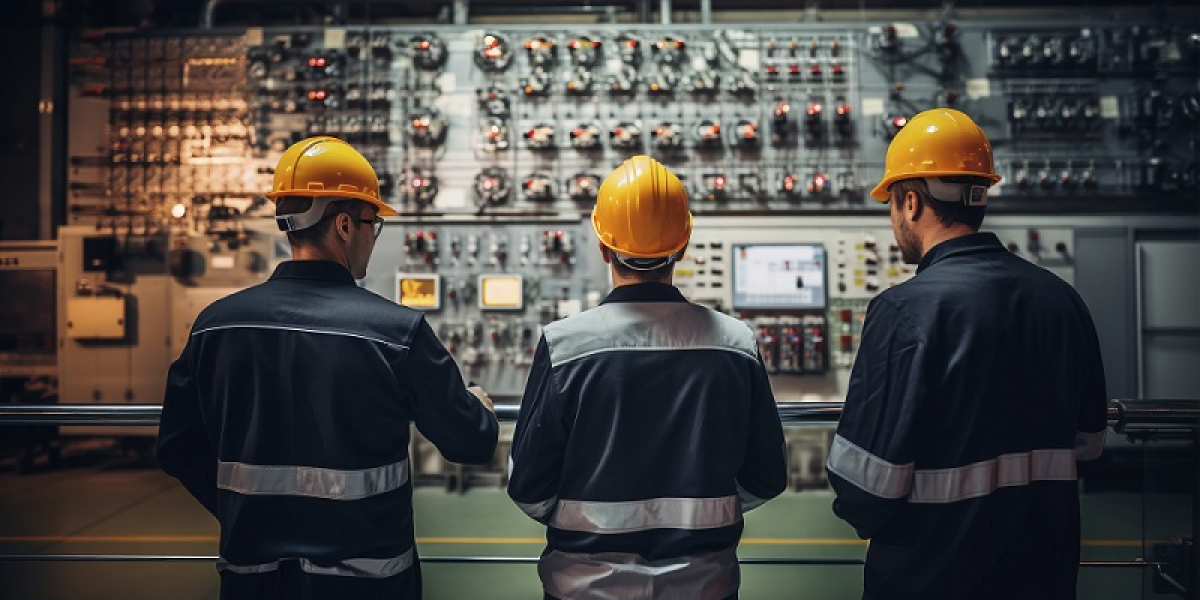Electricity is the backbone of modern workplaces, powering everything from basic lighting to high-end machinery. While it brings efficiency and productivity, it also carries potential risks when not managed properly. Electrical failures, poor maintenance, or faulty installations can lead to workplace accidents, equipment damage, and even fires. This is where an Electrical Safety Audit becomes essential.
At Wechitra Enterprises, we believe that electrical safety is not just about compliance—it is about protecting lives, assets, and business continuity. In this blog, we explore why every workplace should prioritize regular electrical safety audits and how they interlink with services such as Energy Audit for Industries, Industrial Electrical Design Services, and Electrical Engineering for Solar Projects.
What is an Electrical Safety Audit?
An Electrical Safety Audit (ESA) is a systematic inspection of a workplace’s electrical systems, processes, and equipment. The goal is to identify potential hazards, evaluate the effectiveness of safety measures, and recommend improvements.
Key areas covered include:
Condition of electrical wiring and panels
Load distribution and circuit analysis
Earthing and grounding systems
Safety of switchgear and protective devices
Fire and shock hazard prevention measures
Such audits not only ensure compliance with regulatory standards but also safeguard employees and facilities from avoidable accidents.
Why Electrical Safety Audits are Essential for Workplaces
1. Prevention of Electrical Hazards
Faulty electrical systems can cause shocks, burns, or even major fire incidents. An audit helps in identifying these risks before they turn into real threats.
2. Regulatory Compliance
Most industries and commercial establishments are legally required to conduct periodic safety inspections. A certified audit ensures compliance with statutory norms, avoiding penalties and legal issues.
3. Cost Savings in the Long Run
Timely detection of overloaded circuits, outdated wiring, or inefficient equipment reduces energy wastage and prevents expensive downtime. In fact, an electrical audit often ties into an Energy Audit for Industries, helping businesses cut down on electricity bills while staying safe.
4. Protecting Critical Infrastructure
From data centers to hospitals, critical systems depend heavily on uninterrupted power. Regular audits ensure backup systems, UPS, and generators are functioning safely and effectively.
Electrical Safety in Specialized Workplaces
Different sectors have unique requirements when it comes to electrical safety. Let’s take a closer look:
1. Electrical Safety Inspection in Hospitals
Hospitals require uninterrupted power for life-support systems, diagnostic equipment, and emergency wards. A power failure or short circuit here could be life-threatening. Through Electrical Safety Inspection in Hospitals, auditors check for:
Proper load distribution across sensitive equipment
Backup power systems such as generators and UPS
Safety compliance of high-risk areas like operation theatres
Earthing systems to prevent equipment malfunction
This ensures the safety of patients, medical staff, and critical infrastructure.
2. Energy Audit for Industries
Industries consume a significant amount of power, and inefficiencies can lead to both safety risks and higher operating costs. An Energy Audit for Industries integrates with electrical safety audits by:
Identifying overloaded machinery
Reducing wastage through proper load balancing
Ensuring energy-efficient equipment installation
Improving overall electrical system reliability
This approach not only boosts safety but also enhances profitability.
3. Industrial Electrical Design Services
For manufacturing plants, warehouses, and other heavy-duty facilities, Industrial Electrical Design Services play a key role in preventing hazards. Properly designed electrical layouts reduce risks of overload, improve energy flow, and allow easy maintenance. Regular audits complement this by checking whether the installed systems match the design intent and safety codes.
4. Electrical Engineering for Solar Projects
With more businesses adopting renewable energy, the integration of solar systems into workplace electrical infrastructure has become common. Electrical Engineering for Solar Projects ensures smooth synchronization of solar power with the existing electrical grid. During audits, factors such as inverter efficiency, wiring safety, and protection systems are reviewed to ensure both safety and optimal performance.
Benefits of Partnering with Wechitra Enterprises
At Wechitra Enterprises, we offer comprehensive solutions that combine Electrical Safety Audits with allied services like energy efficiency assessments and electrical design consultancy. Our audits are tailored to different sectors, whether it is a hospital, an industrial facility, or a commercial building.
Our process includes:
On-site inspection of electrical installations
Risk analysis and hazard identification
Load assessment and performance evaluation
Compliance checks with safety standards
Actionable recommendations for improvement
Conclusion
Electrical safety is not a one-time activity—it is an ongoing commitment. From ensuring compliance to preventing accidents and saving costs, an Electrical Safety Audit acts as a shield for businesses. Whether it’s through Electrical Safety Inspection in Hospitals, Energy Audit for Industries, Industrial Electrical Design Services, or Electrical Engineering for Solar Projects, every sector benefits from proactive safety checks.
By partnering with Wechitra Enterprises, workplaces gain the assurance of reliable audits, expert insights, and practical solutions designed to keep both people and infrastructure safe.








